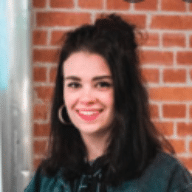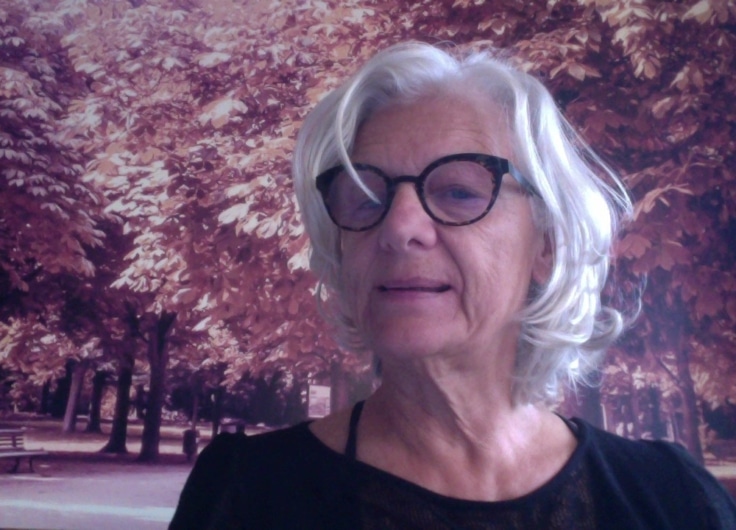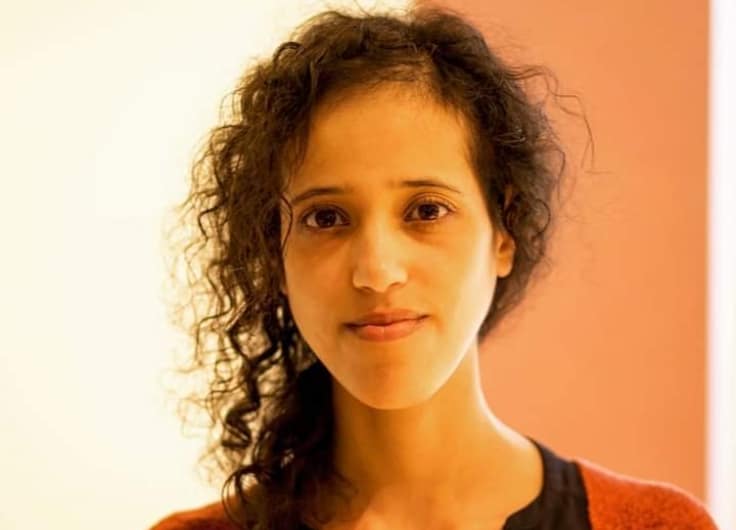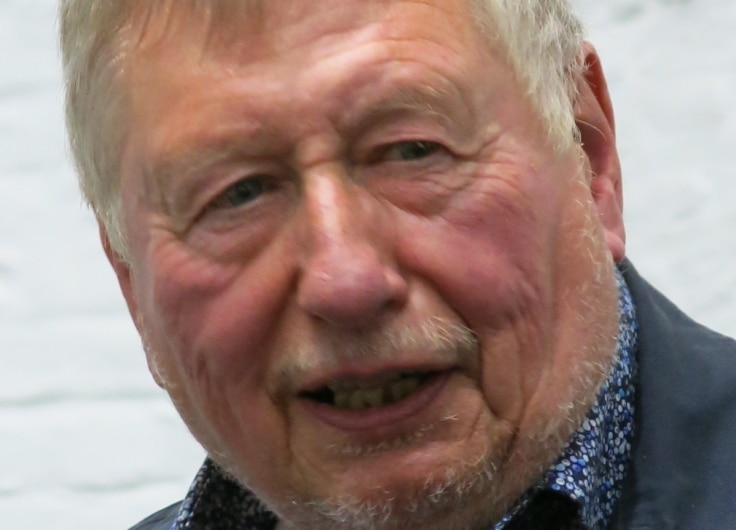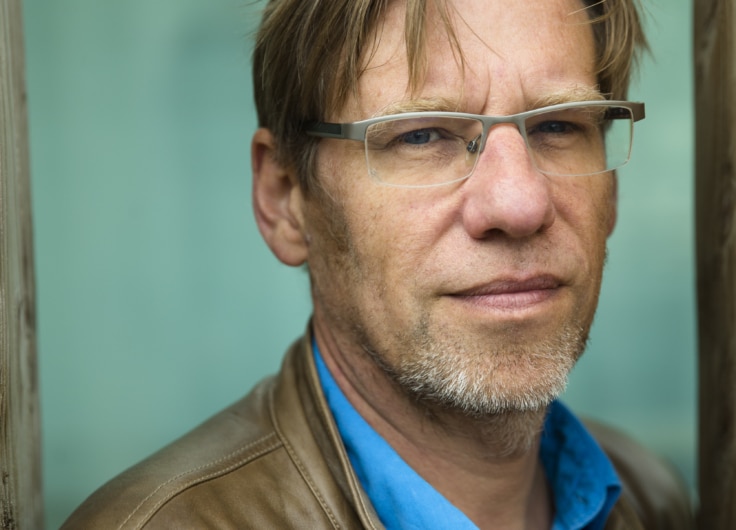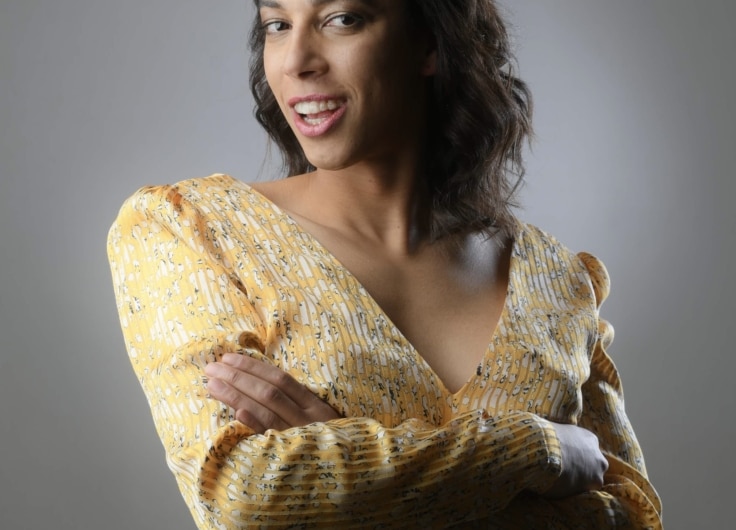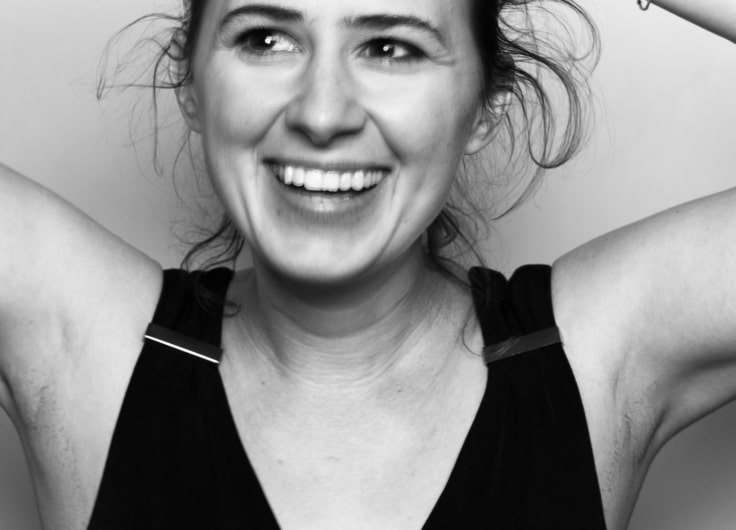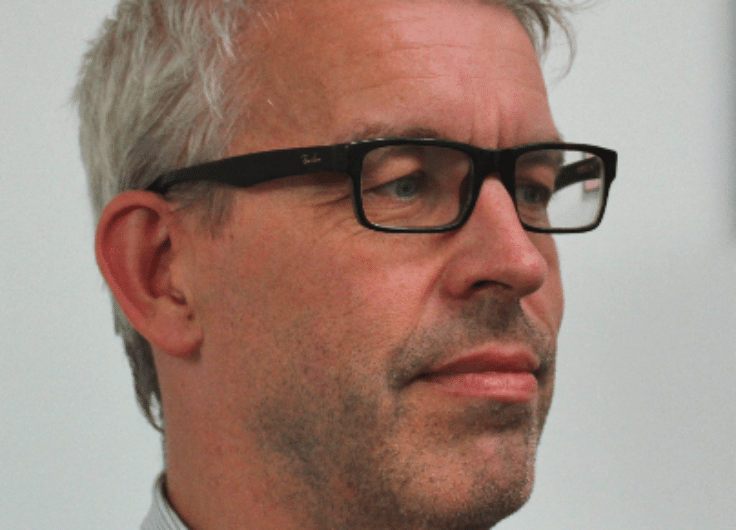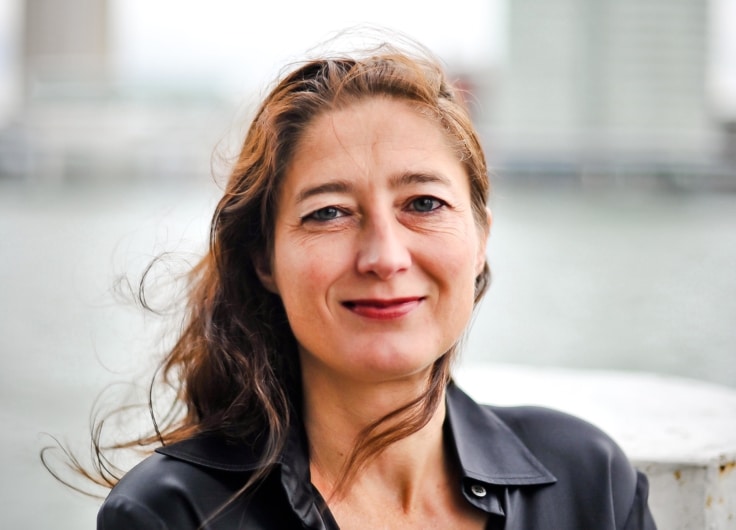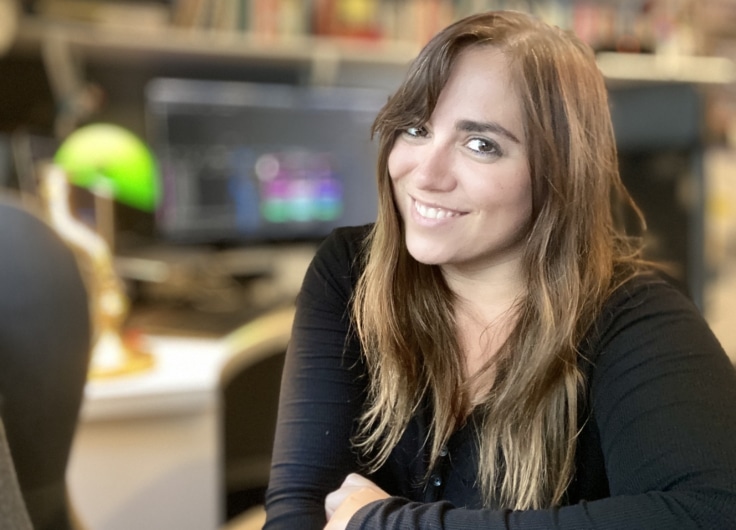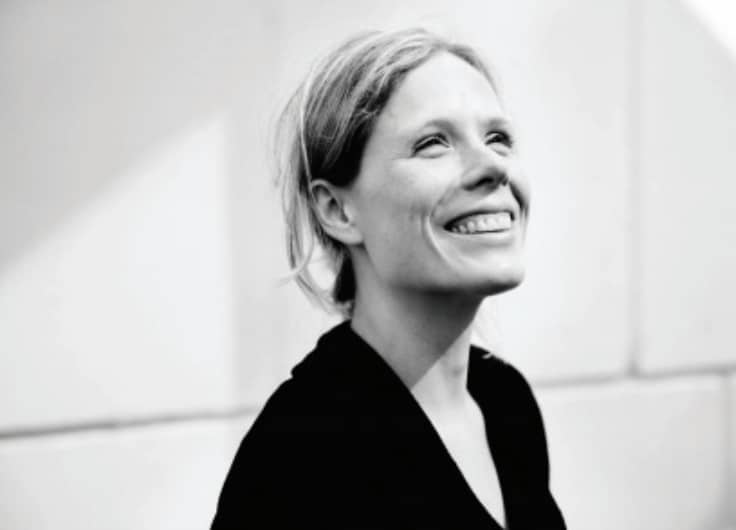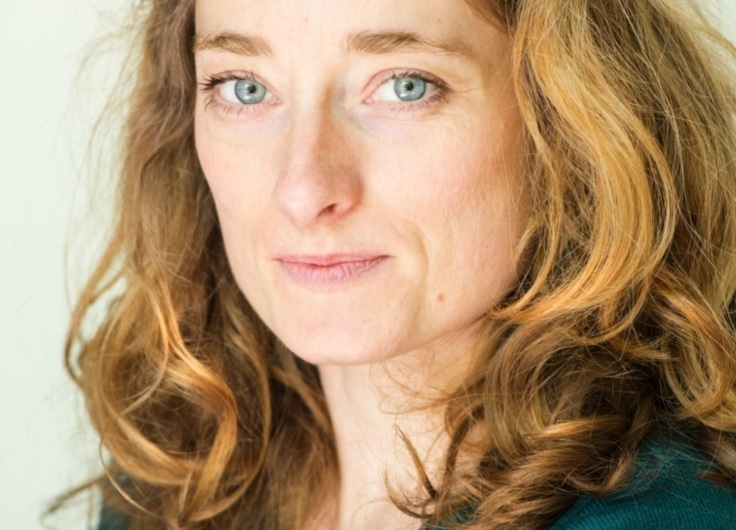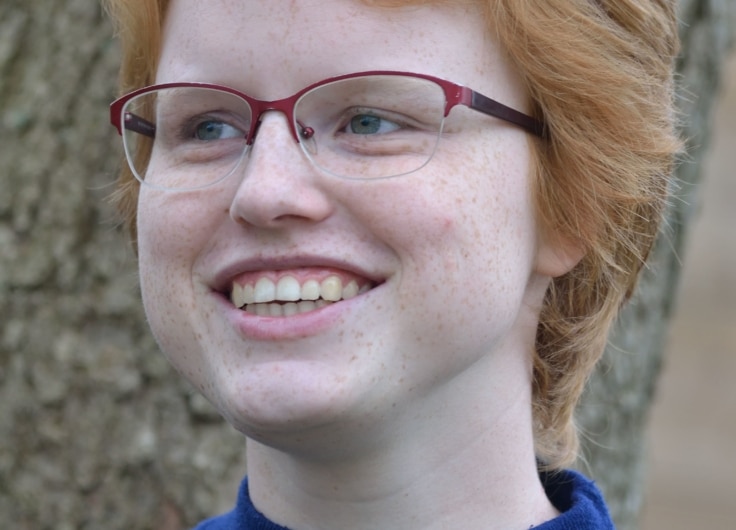Poet Laureate Mustafa Kör Wants to Knock Poetry off Its Pedestal
At the beginning of this year, Carl Norac passed on his honorary title of Poet Laureate of Belgium to Mustafa Kör. Kör is a man whose every word sounds lyrical. As a poet of the nation, he wants everyone to feel the power of poetry, especially those who don’t naturally come into contact with it.
Kör was born in Konya, Turkey, and grew up in Opgrimbie in Belgian Limburg. His double nationality must be the basis for his story ‘Uitverkorene’ (‘Chosen one’) written in 2003, which instantly won him prizes. It was from there that his first novel, De Lammeren (The Lambs), followed in 2007. When I ask Kör how it is that every word that comes out of his mouth sounds poetic, he also points to his background and country of birth: ‘They say I speak in baroque language. Perhaps that’s the case because I come from a part of the world where people speak very vividly and evocatively. I also just like language, telling a story is so much more pleasant when you do it clearly, and images help with that. But I’m also bathing in a Japanese garden here with a feather in my hand, so that might be why I write so poetically (laughs).’
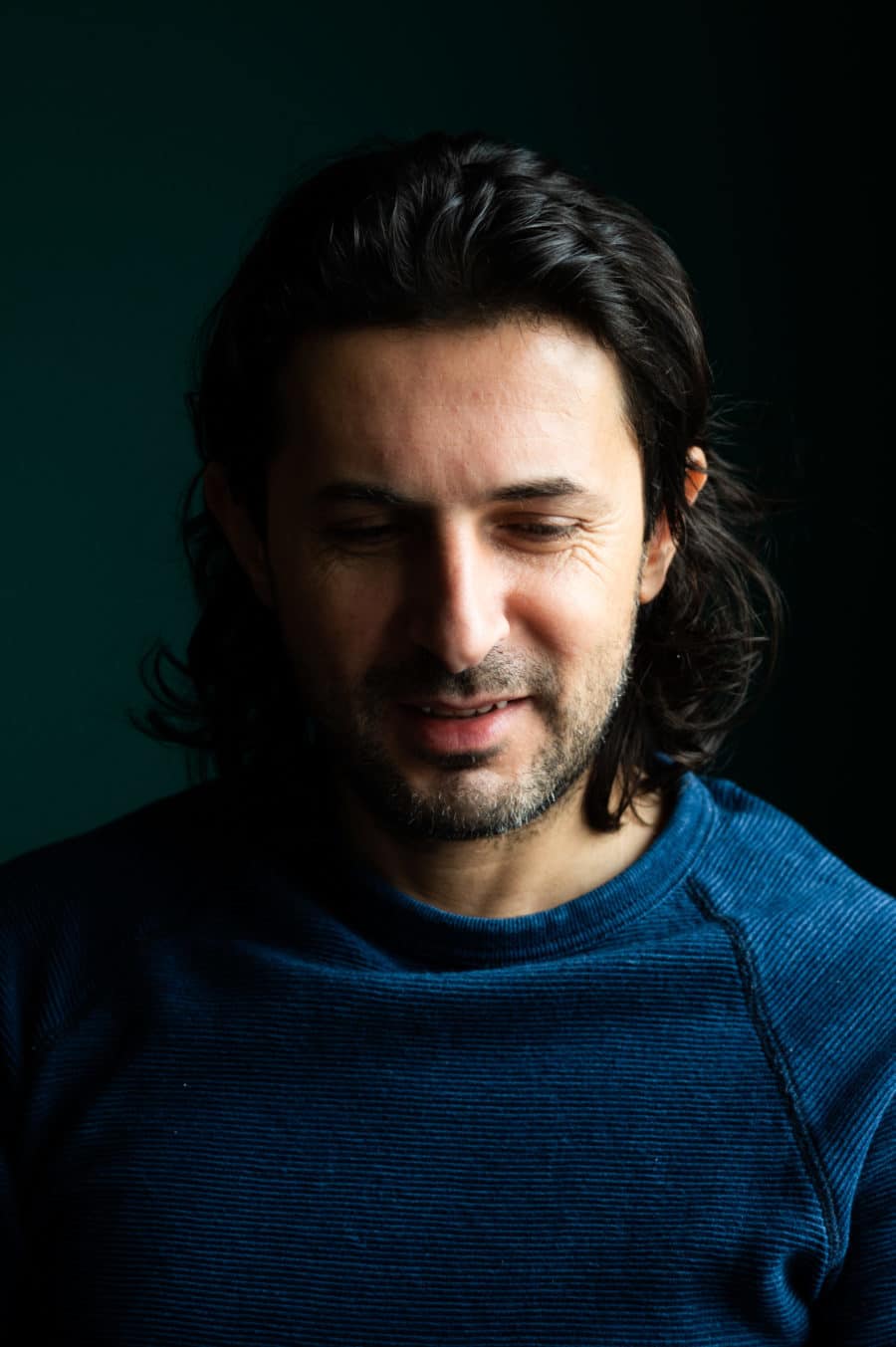 Mustafa Kör
Mustafa Kör© Bert Potvliege
In his poetry, too, the tension between home and birthplace is constantly palpable. In his debut novel Are You Love (2016), Mustafa Kör works through the story of his origins. ‘That village where I’m meant to be buried / has gurgling fountains where travellers refresh themselves / and Sivas shepherds keep watch over Angora herds’; these are the opening lines, a reference to his homeland, where his parents (and also his brother who committed suicide in 1994) lie buried. There’s a place for Kör there too – as tradition demands. He works through this dilemma between the traditions of his homeland and the desires of his new country in the collection. The backdrop is composed of mulberries, grapevines and Limburg fruit trees.
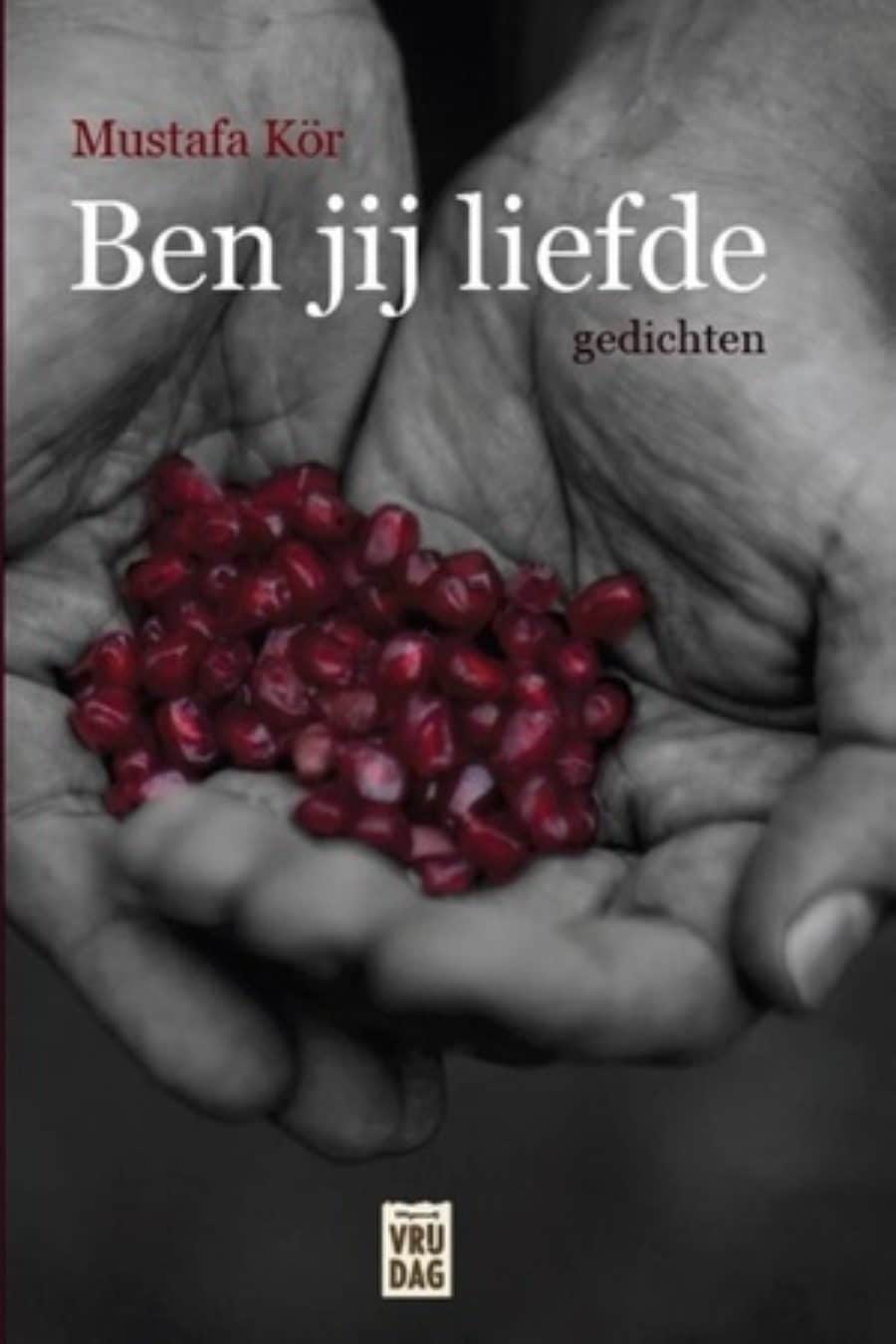
Trees in any case play an important role in Kör’s poems and his vision for poetry. The black poplar, for instance, is the symbol of his term as poet laureate. This poplar is an indigenous species on the point of extinction, just like poetry if we fail to take care of it. ‘Poetry is like leaves appearing on trees, it grows organically. When it is too constructed, it becomes closed and has no soul. Poetry nowadays is an elite niche. We shouldn’t continue with the classical approach to poetry, we should make it accessible. Poetry can just as well be a handful of emoticons in a row, with no clear pattern. It simply has to evoke a sentiment in a certain form.’
Mustafa Kör: 'You really can have a meaningful role through poetry, but you have to adapt poetry, make it accessible'
Bringing poetry to the people, and certainly to those who would otherwise have no access to it, that’s what Kör wants to achieve as Poet Laureate. He will attempt to knock poetry off its pedestal and bring it to other young people and those with little education. To people whose education affords them no access to culture, literature and poetry, like Kör when he was younger. It is these people among whom he wants to raise awareness of the power of poetry.
Kör has already done this with his project Poëziejongens (Poetry Boys), in which he put on poetry workshops for pupils at a technical school. ‘You really can have a meaningful role through poetry, but you have to adapt poetry to them, make it accessible. The result was fantastic.’ The pupils’ poems were such a big success that they were collected and published in an anthology by the Poetry Centre in Ghent.
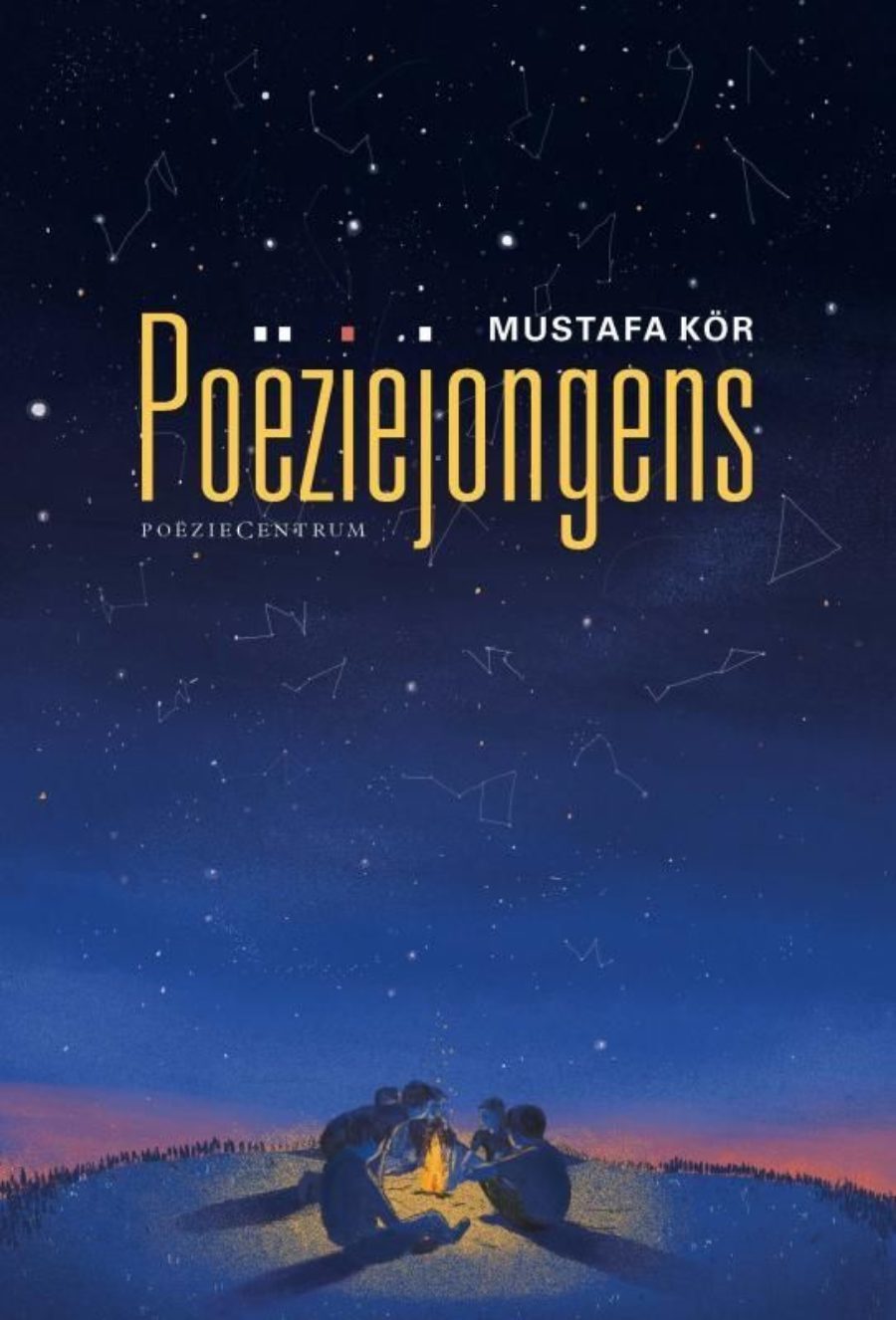
Poëziejongens was also important in the choice of Kör as Poet Laureate, says Carl De Strycker, director of the Poetry Centre: ‘It was such a remarkable initiative and such a big success that we couldn’t ignore Mustafa Kör in our search for the new Poet Laureate. His poetry collection
Ben jij liefde (Are You Love) also received glowing reviews. All this made him ideally suited to the position of Poet Laureate: he is capable of appealing to a large audience and he has good ideas when it comes to social projects.’
Kör has been appointed for two years and will write at least six poems a year about current topics and diverse themes which lie close to the hearts of Belgians. Nevertheless, the poet primarily wants to do his own thing: ‘Poetry doesn’t benefit from being scrutinised under a magnifying glass. But I am an extension of this country, of its residents. I am a product of it and I will try to convey that in my poems.’
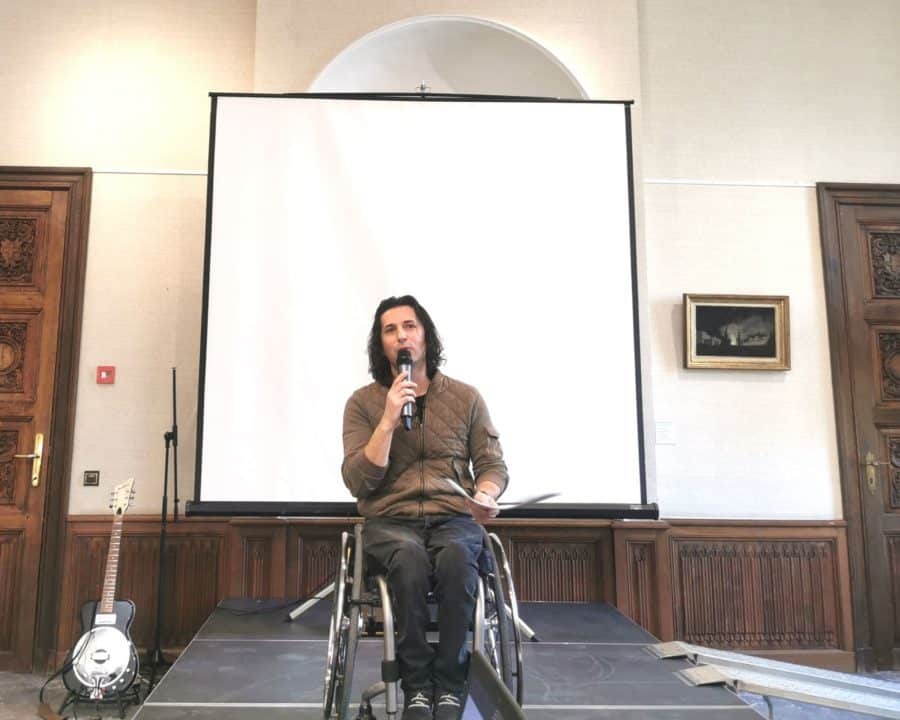 Mustafa Kör at the inauguration on 23 March 2022.
Mustafa Kör at the inauguration on 23 March 2022.© Hélène De Kegel
Each of the laureate’s poems is translated by a translators’ collective into the other national languages (French and German) and made available. Carl De Strycker: ‘The project aims to build bridges between the different language communities in Belgium. We noticed that there were lots of fantastic poets who sadly remain unknown across the language borders. That needs to change. This project enables the three language communities to get to know each other’s poets better. So the poems need to appeal to a wide audience.’ Mustafa Kör also sees the importance of that: ‘Take Carl Norac, for instance, a big name! A fantastic poet who has been translated into various languages, but is not so well known in Flanders. That’s a shame, but typical of Belgium.’
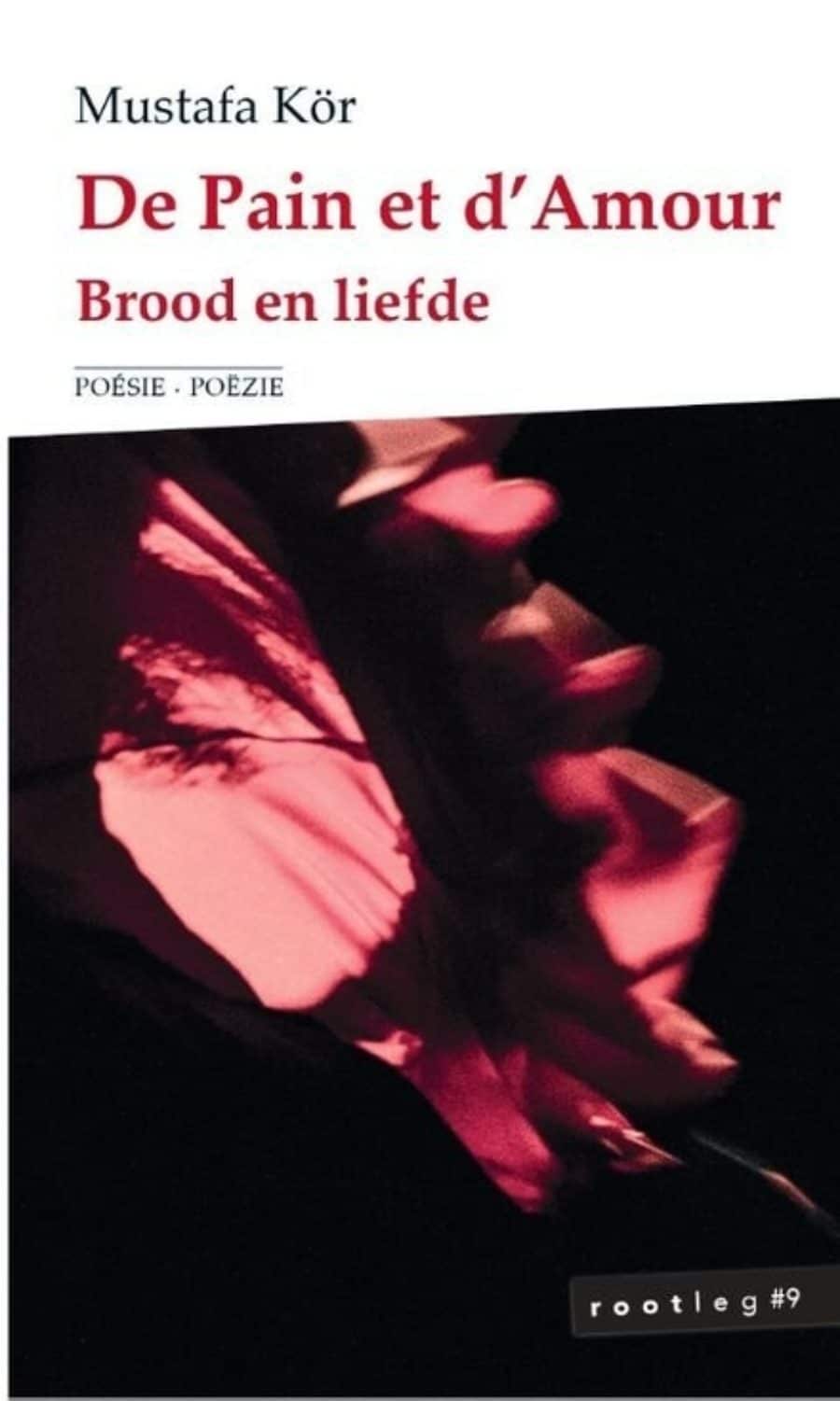
Does the Poet Laureate have plans for a new collection? Yes, he does: the title is already decided, but whether his position will influence the collection, he doesn’t yet know. ‘The collection is about vulnerability, about what arises after being broken. The collection will therefore have the title Nabloei (Reflowering). For poetry you have to be open about your vulnerability, you can’t lie, and you have to be emotionally truthful. Look at the Dutch Poet Laureate, Lieke Marsman. She has cancer and knows she’s going to die. She has the courage to present herself as vulnerable in her poetry. The capacity of poetry, once you offer it your heart, to even occasionally save lives. That’s the power of poetry.’
To celebrate Kör’s appointment as Poet Laureate 2022-2023, the publishers maelstrÖm reEvolution and PoëzieCentrum have published a bilingual anthology, Brood en liefde. De Pain et d’Amour (Bread and Love), allowing readers to familiarise themselves with the poetry of Mustafa Kör.

